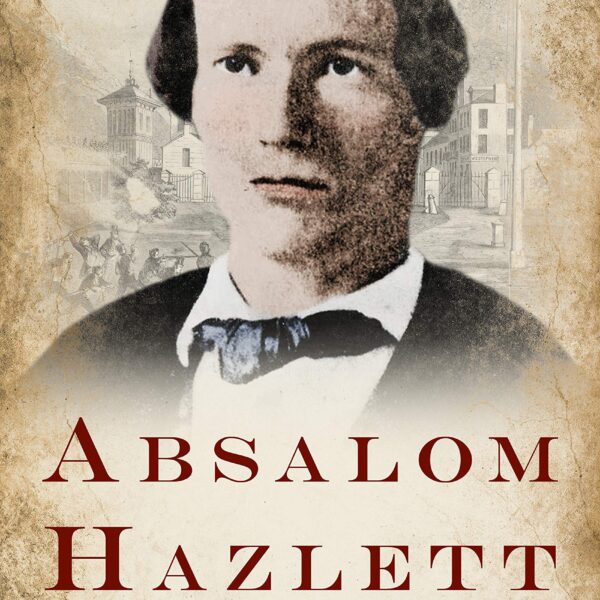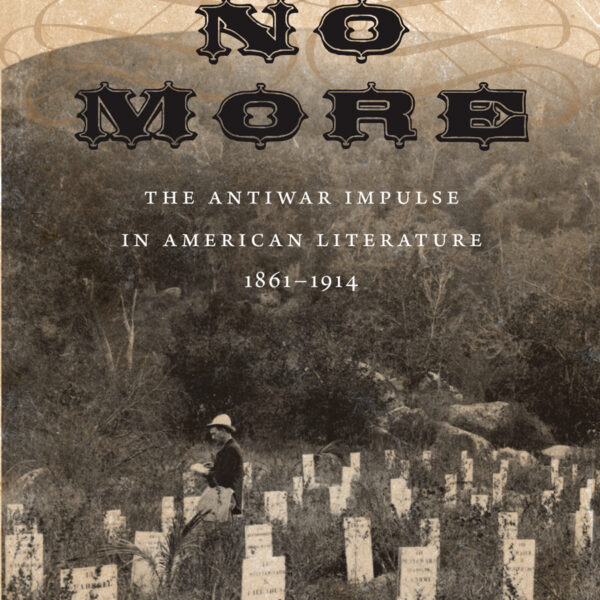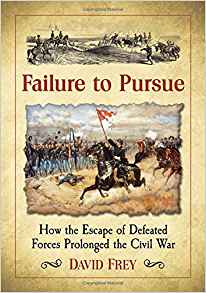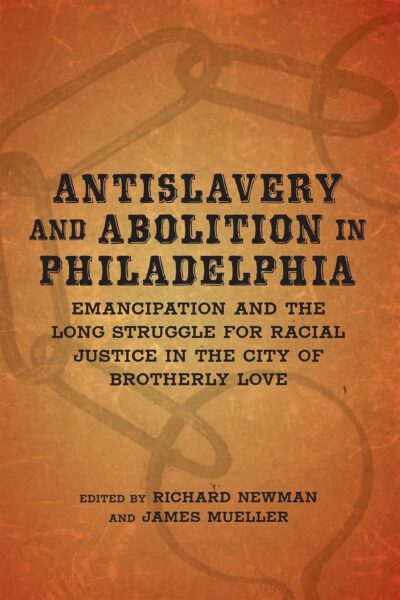War’s Cost: The Hites’ Civil War by Eugene DeFriest Bétit. CreateSpace Independent Publishing Platform, 2016. Paper, IBSN: 978-1530062713. $15.00.
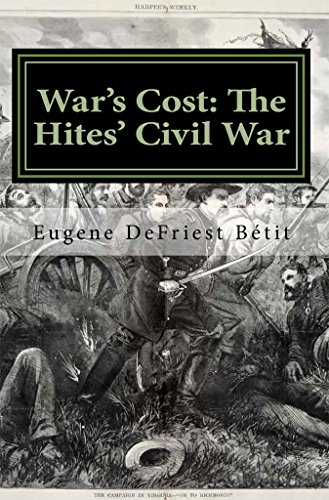 By observing individual historical actors, a historian may reveal additional knowledge about the Civil War era. In his book War’s Cost: The Hites’ Civil War, Eugene DeFriest Bétit utilizes this microhistorical approach by examining the war’s effect on the Hites, a prominent slaveholding family from the Shenandoah Valley. This small volume provides a detailed study of their involvement in the war, and its many costs.
By observing individual historical actors, a historian may reveal additional knowledge about the Civil War era. In his book War’s Cost: The Hites’ Civil War, Eugene DeFriest Bétit utilizes this microhistorical approach by examining the war’s effect on the Hites, a prominent slaveholding family from the Shenandoah Valley. This small volume provides a detailed study of their involvement in the war, and its many costs.
Bétit begins his study by providing brief background about the Hites. They developed strong loyalties to the South, and when the Civil War commenced, many joined the Confederate ranks. Bétit notes that prior to the Civil War, many Hite men served in positions such as lieutenants and generals; however, during the Civil War, the Hites served primarily as enlisted men. Bétit concludes that this shift must be due to a change in the family’s level of education. In the subsequent chapter, then, he examines education in antebellum Virginia, yet he makes no direct connection to the Hites, mentioning them only in the last paragraph. The remaining chapters follow a similar pattern, whereby Bétit provides general facts and figures, but fails to connect them back to his primary subject.
A few of the later chapters directly examine the Hites involvement in the war and their lives as survivors. Bétit calculates how many Hites fought, and which state they fought for. The author notes the difficulty of reconstructing events that occurred over one hundred fifty years ago and the unreliable nature of surviving Confederate records, opting for the information provided by websites like Ancestry.com. The penultimate chapter, which follows Hite men who survived the Civil War, is the most valuable section in the book, and will be useful for anyone studying the postwar years.
The final chapter considers the war’s consequences for the Hites. Bétit recounts that the Hites faced high death rates and economic disruption at the conclusion of the war. Two Hite men became outlaws who robbed stagecoaches, banks and trains; Clarence and Robert Woodson Hite survived the war only to die from their lawlessness. Ultimately, Bétit concludes that the Hites suffered a fate not unknown to many other Southern families after the war: the loss of the “genteel” lifestyle.
Reagan Lyons will begin graduate school in Civil War history at Texas Christian University this fall.

